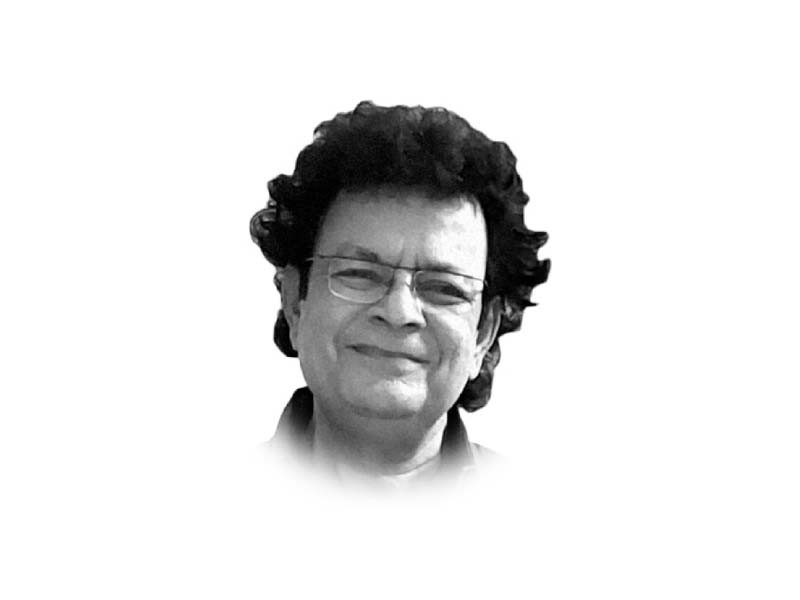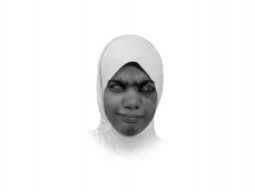
The literature written after World War I carries the deep imprints of Sigmund Freud’s ground-breaking interpretation of human psychology. In American literature, we find its first example in Sherwood Anderson’s novel Winesburg Ohio, in which every character is suffering from a neurological disorder. Similarly, the characters in William Faulkner’s novels about Yoknapatawpha county appear to be victims of sexual imbalances. It was a period of helplessness that had been portrayed by poets more in the poetry than by writers in their prose.
What to say of others. T. S. Elliott, the poet laureate, in his epic poems has measured up life by the spoons of coffee. Nobel-winning Ernest Hemingway has narrated the situation of the generation in his story The Indian Camp whose main characters, Doctor Adam and his son Nick, go to the camp of the Indians in the north of Michigan to deliver a child — with a knife and without pain-killers. The crippled husband is lying on the wooden raft above while Nick is standing nearby to help his father mercilessly open the women’s abdomen. During this inhuman undertaking, a man and three women keep holding the wailing woman until the baby is born. Having finished off the task, the doctor looks toward the wooden raft where the disabled husband, having heard the ceaseless cries of his woman, lies after slicing off his head.
If this story is read with preciseness, it would reveal that Hemingway has no interest in the portrayal of heart-wrenching incidents. Instead, he is curious about the feelings of Nick, who watched the entire incident with his eyes. The boy does not seem sensitive to what unfolded before him at the time, but is later on deeply affected by the memory of the incident because he too is a human being. The incident left a lasting impact over his mind and body. Similarly, the fear, suffocation, hardship, torture inflicted onto the masses has an adverse effect, both physically and mentally. There is a limit to human tolerance. If it is crossed, they fall prey to neurological disorders. And, if the surrounding environment and circumstances continue to stay unchanged, it may propel them towards psychosis.
According to surveys conducted by local and international organisations, a sizeable population of Pakistan is suffering from varied neurological disorders indicating that people around us are not as mentally strong as they appear. Certainly, societal pressures such as poverty, injustice and institutional oppression play a major role in unsettling them.
The people of Pakistan are helpless and desperate. Our country is full of disappointed people, who, after a long tedious journey, are still yearning to see the dawn of a new era. In utter despondency, they have snuffed out the candle, the only glimmer of hope, from their lives. Hopes and dreams are not enough to sustain humans. We need three square meals a day to survive and to strengthen our minds and body. As the great sage Gandhi has emphasised, “on the planet earth, hungry people outnumber the well-fed, therefore, God can appear for them in [the form of] a ‘Roti’ only.” Unfortunately, for our people, it is not even manifesting in the form of bread.
The French writer Michel Houellebecq has the diagnosis of our affliction: “It is the past’s day dreaming, not the future, that punishes and weakens us, before putting us to death completely.” The people of Pakistan are imprisoned in a horrifying 70-year-long past, which is eating them up from the inside and killing them imperceptibly. If you are skeptical of this truth, turn towards the socio-political history of Pakistan and you will come to realise how the innocent majority has been systematically de-tracked by power holders.
In the great Balzac’s novel Le Père Goriot, a single character, which signifies the plight of the deprived classes of France, gets to decide whether the scene of fleshless skulls is dreadful or that of the broken hearts. Sadly, Pakistan is emanating nothing but the horrifying wails of the broken hearts; wails that nobody can hear because they are eagerly engrossed in nation-building. But, I wonder if a nation’s future can be built on broken hearts.
Against this backdrop, one feels, at times, of asking the dream merchants if they have ever seen the sunken eyes and the dreary houses of people. Certainly, they have not, nor will they ever, for they know the verity of their bait. It will indeed be a defying moment when the people stand up to the dream merchant, the ruling elite, and proclaim, “We, the futureless, have no future. So, stay great with your dreams as we no longer need them.” Let us build our own future, a country of our own dreams. We are determined to display our strength by raising our nation from the depths of misery and deprivation, for we have endured the cruelty of the past bravely. As the persecuted black American writer Maya Angelou says, “to endure the inner upheaval is more difficult than the rest of turmoil.” In today’s Pakistan, everything stands ravaged. Which is more painful to see: the exploited poor or the ones who represent them in parliament?
Published in The Express Tribune, July 19th, 2022.
Like Opinion & Editorial on Facebook, follow @ETOpEd on Twitter to receive all updates on all our daily pieces.













COMMENTS (1)
Comments are moderated and generally will be posted if they are on-topic and not abusive.
For more information, please see our Comments FAQ